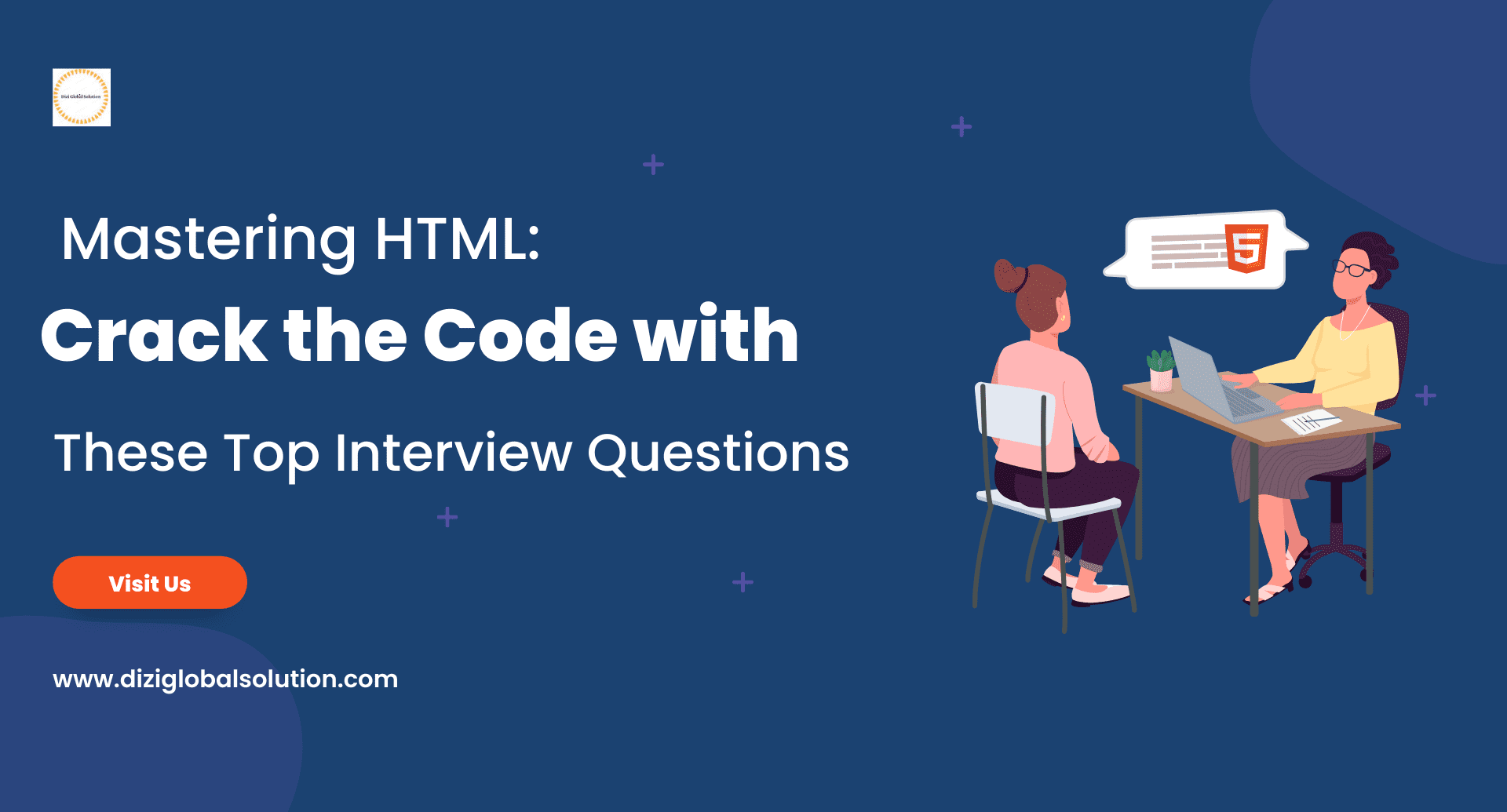How to Choose the Best Digital Marketing Course in Varanasi for Your Career Growth
In the rapidly evolving world of digital marketing, choosing the right course can be a game-changer for your career growth. Varanasi, a city embracing digitalization, offers numerous options for digital marketing courses. However, selecting the best one requires careful consideration. This comprehensive guide will walk you through the essential factors to consider when choosing a digital marketing course in Varanasi, ensuring that you make an informed decision and maximize your career potential. Identify Your Goals: Before embarking on your digital marketing journey, it’s crucial to identify your career goals. Determine the specific areas of digital marketing that interest you the most, such as search engine optimization (SEO), social media marketing, content marketing, email marketing, or analytics. Understanding your goals will help you select a course that aligns with your aspirations and offers specialized training in your desired areas. Accreditation and Reputation: When evaluating digital marketing courses, consider the accreditation and reputation of the institutions or training centers. Look for certifications, affiliations with recognized industry organizations, and positive reviews from former students. A course offered by a reputable institution ensures that you receive high-quality training and enhances your credibility in the job market. Course Curriculum and Specializations: Examine the course curriculum in detail to ensure that it covers the fundamental concepts and advanced techniques of digital marketing. Look for courses that offer a comprehensive overview of topics such as SEO, social media marketing, pay-per-click (PPC) advertising, content marketing, email marketing, web analytics, and conversion optimization. Additionally, check if the course provides specialization options in specific areas to develop expertise and cater to your specific career goals. Faculty Expertise and Industry Experience: The expertise and experience of the faculty members are crucial factors in choosing a digital marketing course. Research the instructors’ profiles to determine if they have substantial experience in the industry and possess up-to-date knowledge of digital marketing trends and best practices. Faculty members with industry experience can provide valuable insights, real-world examples, and practical guidance to enhance your learning experience. Practical Learning Opportunities: Hands-on experience is vital for mastering digital marketing skills. Inquire about the practical learning opportunities offered by the course, such as live projects, internships, or simulated campaigns. Practical exposure allows you to apply theoretical knowledge, gain real-world experience, and build a portfolio that showcases your skills to potential employers. Industry Network and Placement Support: Consider courses that provide networking opportunities with industry experts, guest lectures, or alumni networks. An active industry network can open doors for internships, job placements, or mentorship opportunities. Additionally, check if the course offers placement support services, resume building assistance, or interview preparation sessions to help you kick-start your career in digital marketing. Flexibility and Learning Formats: Evaluate the course duration, schedule, and learning formats. Some courses offer flexible timings, weekend classes, or online learning options to accommodate your availability and learning style. Consider your preferences and select a course that allows you to balance your learning journey with other commitments. Conclusion Choosing the best digital marketing course in Varanasi is a crucial step towards achieving your career goals in the digital marketing field. By considering factors such as your goals, accreditation, course curriculum, faculty expertise, practical learning opportunities, industry network, and flexibility, you can make an informed decision that aligns with your aspirations. Investing in the right digital marketing course equips you with the necessary skills, knowledge, and practical experience to thrive in the dynamic world of digital marketing. In conclusion, selecting the best digital marketing course in Varanasi requires careful consideration of several factors. By identifying your goals, researching the accreditation and reputation of institutions, evaluating the course curriculum and specializations, assessing faculty expertise and industry experience, considering practical learning opportunities, exploring industry networks and placement support, and examining flexibility and learning formats, you can make an informed decision that sets you on the path to a successful digital marketing career. Among the top digital marketing training providers in Varanasi, Dizi Global Solution stands out as a leading institution committed to empowering aspiring digital marketers. With a range of comprehensive courses and a proven track record, Dizi Global Solution is your trusted partner in achieving excellence in the dynamic world of digital marketing. This institute offers both online as well as offline courses of digital marketing.
How to Choose the Best Digital Marketing Course in Varanasi for Your Career Growth Read More »








